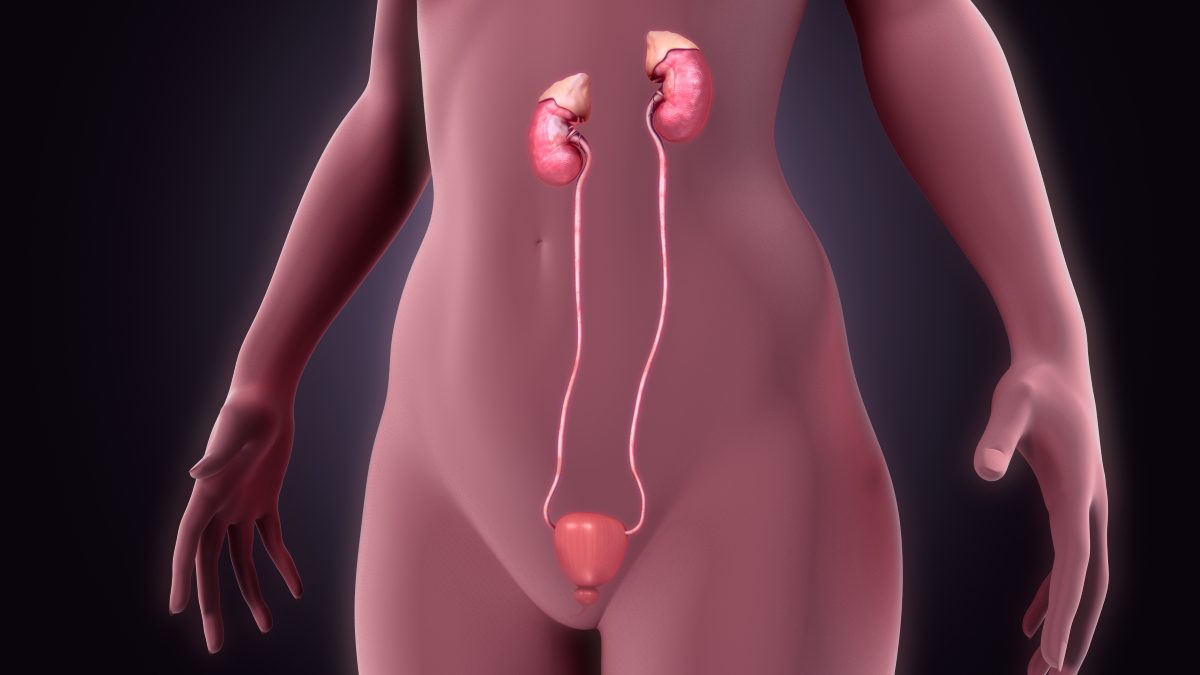Cancer of the ureter is the growth of cancer cells on the inner lining of the tubes (ureters) that transfer urine produced in the kidneys to the bladder. It is also closely related to bladder cancer. So, it is better to identify ureteral cancer and start with its treatment as early as possible.
Diagnostics of ureteral cancer
- Physical exam. First of all, your doctor may ask you about the symptoms and signs that you experience. Also, the doctor may carry out a physical examination to assess your medical condition.
- Urine tests. You can undergo a urinalysis to detect any abnormalities in your urine. In this way, your doctor may prescribe you a urine cytology test to reveal any abnormal cells in your urine sample.
- Imaging test. Your doctor may direct you to the imaging test to determine the severity of your ureteral cancer. The doctor can perform imaging tests such as computer tomography (CT) and intravenous pyelogram. However, if you are unable to undergo computer chromatography imaging, your doctor may suggest a magnetic resonance urogram.
- Tests for bladder cancer. In order to detect bladder cancer, your doctor may ask you to undergo some tests that include an imaging test or a scope that shows the inside of your bladder.
- Ureteroscopy. Ureteroscopy involves the insertion of a lighted thin tube equipped with a camera, also known as a ureteroscope, into your urethra. By passing through your bladder, the doctor places the ureteroscope into your ureters.
Via ureteroscopy, your doctor can inspect your ureters. Moreover, the doctor may take a small tissue sample for testing in the lab (biopsy). Then a specialist analyzing body tissues and blood will examine this sample to detect any signs of cancer.
Ureter cancer treatment
Usually, cancer of ureter treatment implicates surgical intervention. Though, depending on the location, size and severity of your ureteral cancer, you will have different treatment options. In addition, the doctor will consider your preferences while choosing the proper treatment for you.
Surgery
Usually, doctors recommend surgical removal of ureteral cancer. In the case of early-stage cancer of the ureter, the surgical intervention may implicate the removal of a portion of the ureter. However, more advanced cancer of the ureter requires the surgical removal of the affected ureter, the kidney that had been attached to it (nephroureterectomy), as well as part of the bladder.
Chemotherapy as ureteral cancer treatment
Chemotherapy treatment involves using chemicals to destroy cancer cells. Depending on the particular case of ureteral cancer, the treatment may involve chemotherapy in three different ways. The doctor may prescribe chemotherapy as the sole treatment method for ureteral cancer. Also, the doctor can use chemotherapy for ureteral cancer before the surgical treatment to decrease the size of the tumor and make its surgical removal easier. Moreover, chemotherapy may be applied after surgical interventions to kill any remain cancerous cells.
Immunotherapy
The action mode of immunotherapy is the use of your immune system to confront cancer. Cancerous cells produce particular proteins that help them to be indetectable by immune system cells. Consequently, your immune system cannot identify and attack abnormal cells. The goal of immunotherapy is to interfere with this process.
A patient with advanced ureteral cancer who has not responded to other treatment options might benefit from immunotherapy.
Follow-up appointments
You have to schedule follow-up appointments with your doctor to ensure there is no evidence of ureteral cancer reoccurring. The follow-up examinations are also essential for detecting any signs or symptoms of bladder cancer because the cancer of the ureter increases the risk of bladder cancer development.
Firstly you should see the doctor every few months during the first year after treatment. After a year, the appointments will become less frequent. However, the frequency of your exams and the test you’ll take will depend on your specific circumstances.
















Leave a Reply
You must be logged in to post a comment.